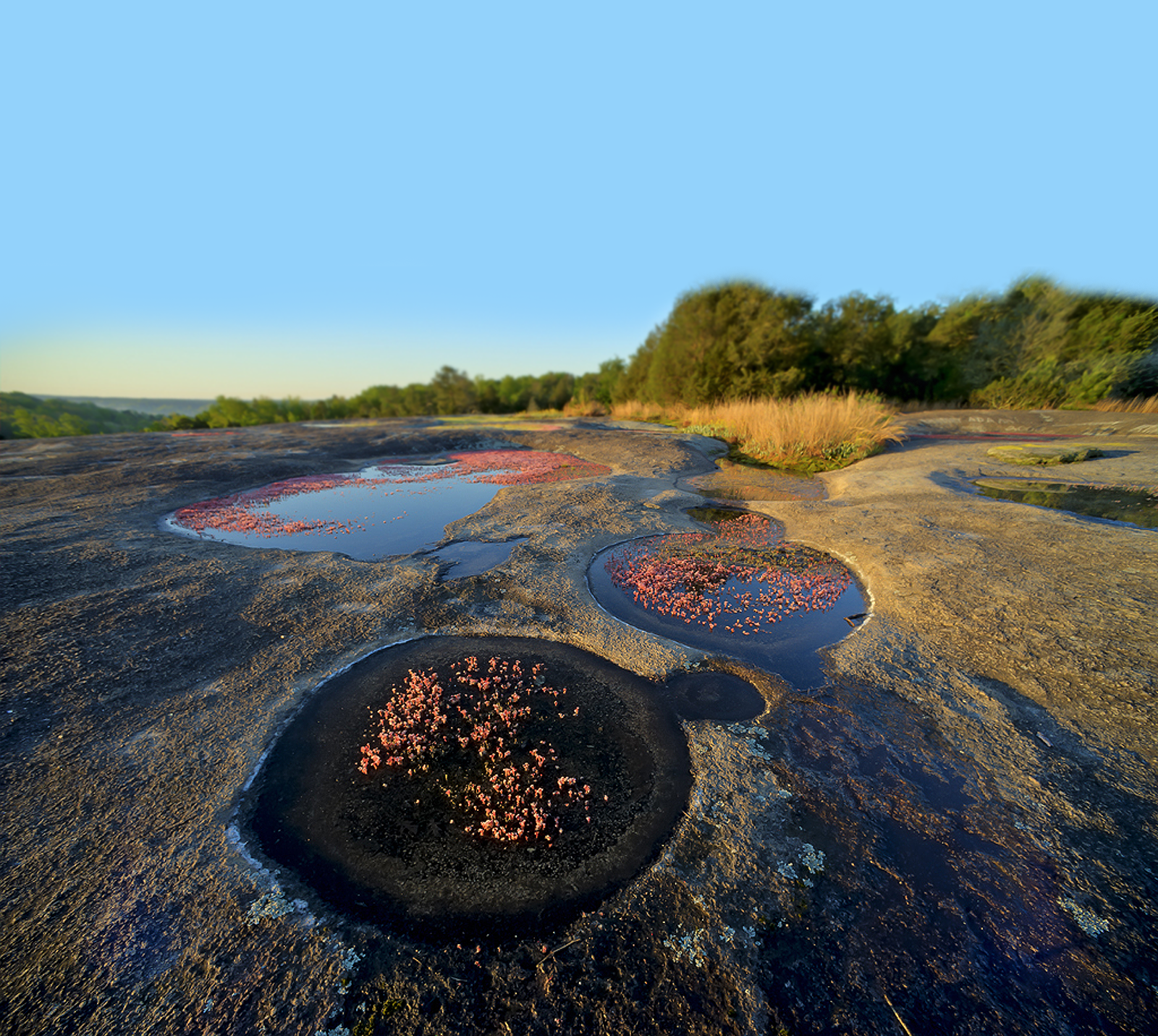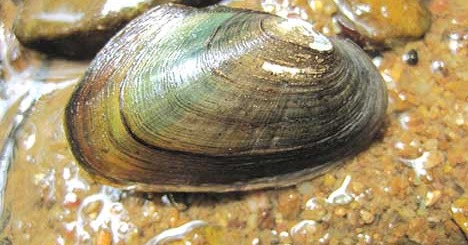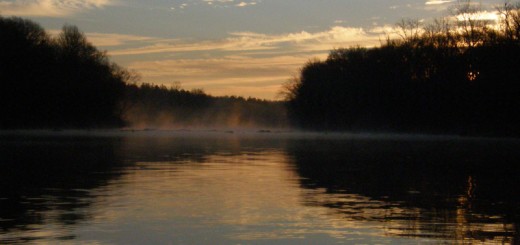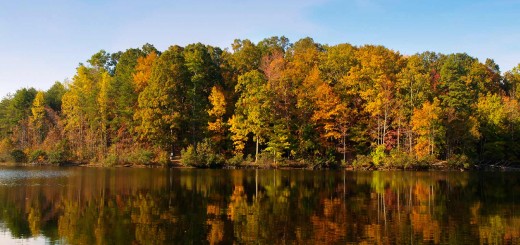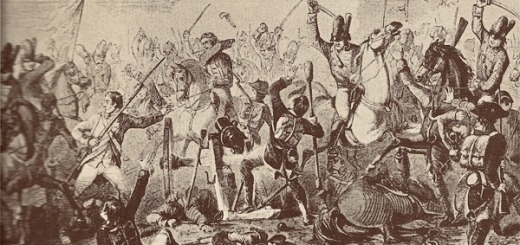David Lindsay Pettus
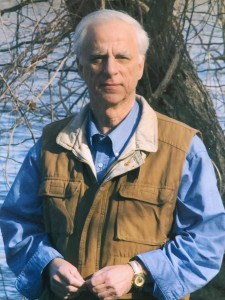
Lindsay Pettus 1940-2020
We are saddened to report that David Lindsay Pettus passed away on Saturday, January 19. 2020. Born on May 16, 1940, in the Indian Land section of Lancaster County, he was the son of Calvin Hall Pettus and Bessie Kathryn Rodgers Pettus. Lindsay leaves a remarkable legacy in the fields of local government service, education, land conservation, local history, and preservation of historic properties.
Lindsay served as a member of Lancaster County Council for three terms. He worked tirelessly to promote Lancaster County, and his foresight and leadership helped to develop decisions and policies which prepared Lancaster County for the growth that is occurring today. In 2015, he was named to the Lancaster County School District Hall of Fame for his support for public education.
Lindsay developed a sincere interest in local history, and his constant research led to his office becoming a repository of family histories, articles, books, and artifacts. He served for many years as President of the Lancaster County Society for Historical Preservation and led the preservation and restoration of the Old Presbyterian Church, built in 1862 on West Gay Street in Lancaster, which is now the Cultural and Performing Arts Center. When the Katawba Valley Land Trust was created, Lindsay made sure that the organization worked to protect cultural as well as natural resources. The land trust has several historic preservation easements on historic properties, and has conservation easements on almost 1,000 acres on battlefields related to the American Revolution. Lindsay was also very interested in the history and culture of the Catawba Indian Nation, and he was instrumental in the creation of the Native American Studies Center at USC-Lancaster and in the acquisition of a1,000-piece collection of Catawba pottery that forms the core of their collection.
As a boy, Lindsay spent time exploring the fields and woods around his home, especially the Catawba River. This led to an appreciation of nature and the realization that proactive conservation was needed to protect important natural resources. In 1974, he joined the Nature Conservancy, and helped lead the effort to form a chapter of the organization in South Carolina, serving on the initial board and helping to hire the first state director. A project of special interest to Lindsay was Forty-Acre Rock in eastern Lancaster County. Through his efforts, The Nature Conservancy and the South Carolina Department of Natural Resources created a Heritage Preserve, and the site is now recognized as a National Natural Landmark. Although an active member of other national organizations, such as The Trust for Public Land, the Conservation Fund, and the National Audubon Society, Lindsay became convinced that the most effective conservation work could be done on the local level. He served as co-chair of the Catawba River Task Force, a citizens’ advisory committee organized in the late 1980s to plan for the impacts of urban development on the Catawba River.
Following the completion of the task force work, he organized the Katawba Valley Land Trust (KVLT) in 1992 to protect land and water resources in the Catawba River Valley and surrounding areas. Serving as President for 25 years, he led the group in protecting land through conservation easements, acquisition, and transfer to other agencies. To date the group has protected over 10,700 acres of land in five counties and has conducted numerous publications, public information, and research activities. In the 1990s, Lindsay envisioned a greenway through the City of Lancaster to protect open space and flood plain areas, and his vision is now the Lindsay Pettus Greenway which will open soon for public use.
He will be sorely missed but his legacy will live on in the work of KVLT.
